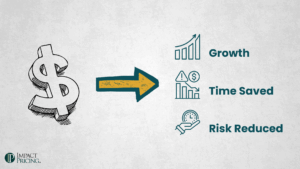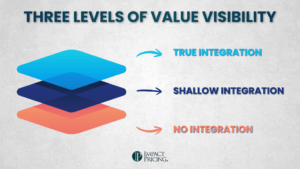When running a pricing organization, I recall salespeople coming back to HQ to justify a deep discount for a customer. The #1 claim, “They are a strategic customer.” Maybe they are. But all of our customers can’t be strategic customers.
What does strategic mean in this situation? It should mean, let’s take a short-term hit for a bigger gain, often in the future. But if you believe in the Land and Expand philosophy, aren’t all customers strategic? Does that mean we offer all customers deep discounts? Of course not.
A great example of a strategic product is the Costco Hot Dog and Soda combo for $1.50. That has been the price since 1980. That’s 42 years of inflation they have absorbed. Several years ago, Costco CEO Craig Jelinek told this story as recounted at 425business:
“I came to (Jim Sinegal, Founder of Costco) once and I said, ‘Jim, we can’t sell this hot dog for a buck fifty. We are losing our rear ends.’ And he said, ‘If you raise the effing hot dog, I will kill you. Figure it out.’ That’s all I really needed. By the way, if you raised (the price) to $1.75, it would not be that big of a deal. People would still buy (it). But it’s the mindset that when you think of Costco, you think of the $1.50 hot dog (and soda).”
Now that’s strategic. Costco could probably give hot dogs away and make money. The key is, the $1.50 hot dog brings in customers. It brings in business Costco may not have won otherwise.
Back to your strategic sales opportunity. Does it bring in the future business you wouldn’t be able to get? Or is it just an excuse for a deep discount to win a new customer? Maybe a good idea would be to define “strategic opportunity” before a salesperson brings in another one.
Featured Image by Walter Loeb of Forbes.com
Tags: pricing, value














